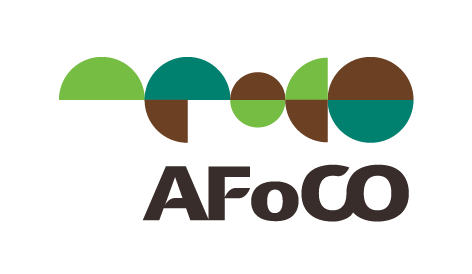Agroforestry Model in Timor-Leste
Development of Agroforestry Models for Promotion of Reforestation in the Different Agroecological Zones in Timor-Leste
Forests in Timor-Leste provide various important services that support community livelihoods. However, these supporting functions have declined because of forest degradation and conversion to other land uses. Deforestation and forest degradation have been caused by shifting cultivation, free grazing, fires and illegal logging, which are mainly carried out by marginalized, upland communities. Behind such immediate drivers of deforestation and forest degradation are the major underlying factors of weak law enforcement, insufficient legislation, limited human resources, a shortage of agricultural and forestry extension services, and limited knowledge of agroforestry techniques.
Over the past decade, reforestation has been implemented to improve degraded forest land, however, a challenge in promoting reforestation is the lack of data and knowledge of agroforestry models that suit the varying natural and socioeconomic conditions in Timor-Leste.
FACT
Between 2003 and 2012, approximately 183,800 ha of forests disappeared and nearly 171,000 ha of dense forests were degraded and converted to sparse forests or other forms of land use.
Objectives
The project aims to strengthen the country’s effort in reforestation and sustainable forest management through development and dissemination of agroforestry-based reforestation models in parallel with 1) institutional capacity development; 2) promotion of a community-based natural resource management mechanism; 3) collaboration with the Ministry of Agriculture, Livestock, Fishery and Forestry (MALFF); and 4) strengthening of links with stakeholders and the Asian Forest Cooperation Organization (AFoCO) Member Countries for knowledge sharing at national and regional levels.
Specific objectives
- Promote reforestation throughout the country by developing and disseminating agroforestry-based reforestation models suitable for introduction in different natural conditions in the typical agroecological zones and which are effective in satisfying the needs of local communities.
- Strengthen the institutional capacity of MALFF and its Office of the Director-General of Forestry, Coffee and Industrial Plants (DGFCIP) and related offices to promote reforestation and sustainable forest management in collaboration with MAF’s development partners, NGOs and local communities.
- Build and strengthen links with stakeholders in Timor-Leste as well as the region (especially with AFoCO Member Countries) for knowledge sharing and scale-up of the agroforestry-based reforestation models.
Key activities
- Establishing demonstration plots of agroforestry models in different climatic zones in Timor-Leste
- Building capacity of farmers in targeted areas and of DGFCIP staff on agroforestry and sustainable forest management through on-farm training, an international study tour and training.
- Dissemination of project results though sub-national and national workshops, international conferences and within AFoCO Member Countries’ meetings and dialogues.
Social media
Direção Geral das Florestas Café e Plantas Industriais Group
Contacts
- Mario Godinho, Director of Community Forest, DGFCIP (afoco.dndfctimorleste@gmail.com)
- Himlal Baral, Senior Forest and Landscape Restoration Scientist, CIFOR-ICRAF (h.baral@cifor-icraf.org)













